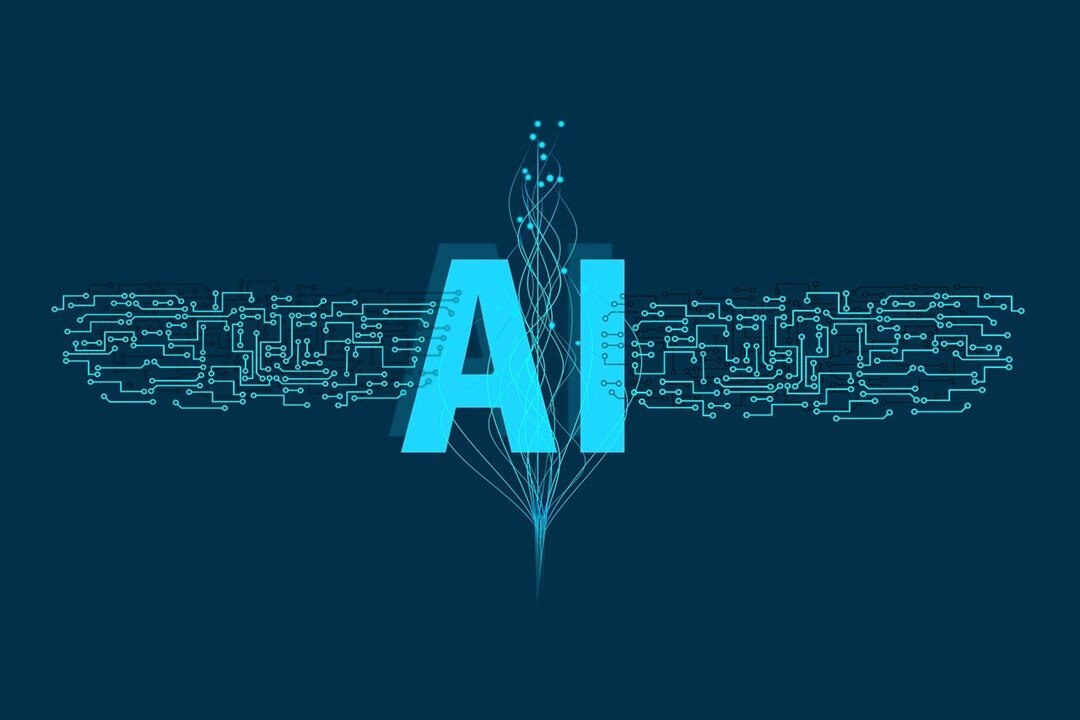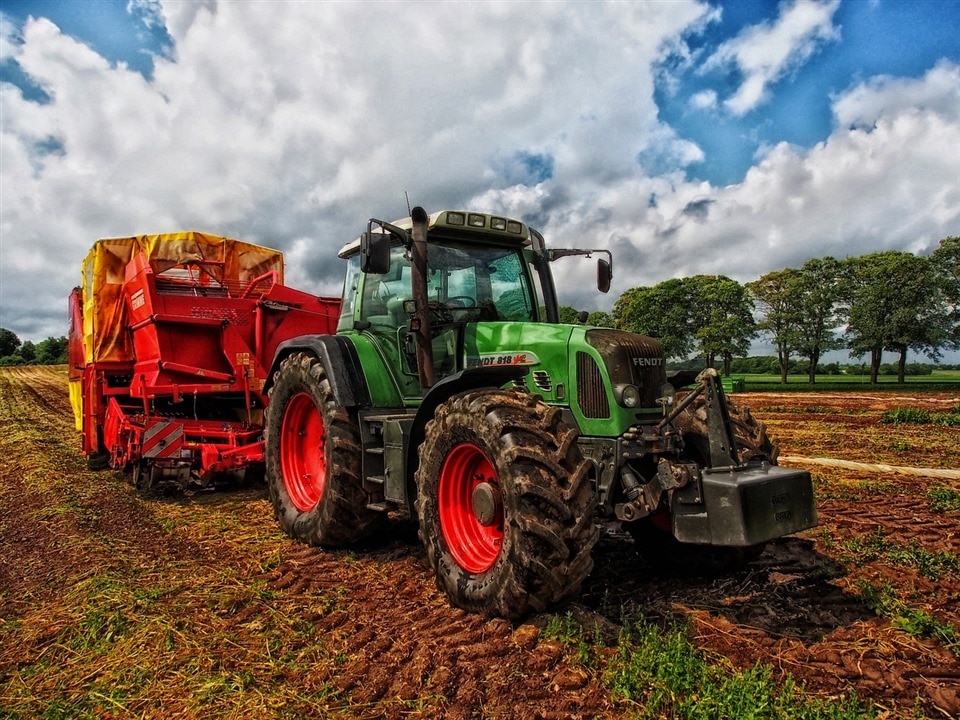
Many people worry about the possibility of AI replacing their jobs. (Image Credit: geralt/pixabay)
When it comes to AI, we’re rightfully worried about it taking over everything, including jobs. And those fears are becoming more evident after considering what a tech investor had to say. “AI is going to be the largest displacement of human labor in the history of capitalism,” said Brad Gerstner, Altimeter Capital founder, during an Art of Investing podcast. “There’s gonna be a lot of disruption that will cause a lot of anger. A lot of people will feel left out of the system.”
But it would have to start slow instead of having companies lay off employees all at once. “It’s going to mean the rate of hiring will be much slower at companies than it was for the last 20 years,” Gerstner said. “If you have a 50% improvement in your productivity of your engineers, and you’re growing the top line of your company at let’s say 20%, you don’t need to hire new engineers.”
His thoughts and concerns differ from NVIDIA CEO Jensen Huang, who believes AI could boost job growth. “My sense is that it’s likely to generate jobs,” he stated in an Acquired podcast. “The first thing that happens with productivity is prosperity. When the companies get more successful, they hire more people, because they want to expand into more areas.”
Companies boosting AI productivity may also employ fewer workers. Of course, that depends on whether a company doesn’t have new ideas. Tens or hundreds of millions of new startups could eventually launch as well, and these would only have one or two people running the show.
Gerstner says AI changing the economic landscape is similar to how early technology had a big impact. “When we moved from horses to cars, if you were in the business of repairing horseshoes, you were put out of business. If you were in the business of making carriages that were horse-drawn, you were put out of business. You had to find your way back into the next thing,” he said. “The benefits of human progress are not equally distributed at all times,” he said. “It’s really important to understand that there are losers in the game of human progress.”

AI has a lot of potential in the farming industry, but it comes with costs, and the new farm bill could address that with the USDA program. (Image Credit: 12019/pixabay)
AI is a game changer for farmers. It helps tractors identify weeds and spray herbicides, determines the best crop harvesting time, and stitches satellite and soil data for efficient fertilizer usage. However, Senate Agriculture Committee members warned that AI carries risks in terms of data protection, affordability for this tech in small farms, and unpredictable effects.
A witness at the panel’s hearing said the farm bill should have provisions for farmers to collect loans from the Agriculture Department, enabling the adoption of precision technology and AI. This hearing was assembled to address AI’s potential and drawbacks in food processing, production, and relevant areas. The hearing occurred after briefings looked at AI usage, and a presidential executive order instructed federal agencies and departments to encourage AI use.
Debbie Stabenow says it paves the way to“new pathways to address the climate crisis, increase production, lower input costs, and automate planting and harvesting.” She warns that “placing vast amounts of data in the hands of a few private companies could accelerate the trend of consolidation in the agricultural industry or perpetuate bias that has harmed small farmers and farmers of color for decades.”
Farmers willing to handle the tech costs need to have high-speed internet, which isn’t accessible to them. So far, there’s legislation in place to set up a USDA program tasked to make broadband accessible to farmers, allowing them to use precision technology while working in remote fields.
Deere senior vice president and chief technology officer Jahmy Hindman suggests the new farm bill should have provisions from this legislation to help pay for the precision technology. Stabenow spoke about this with Boozman and said, “Having your work become part of what we’re doing in the farm bill.” AI can be on small farms to make operational decisions similar to how they worked alongside USDA extension agents.
Have a story tip? Message me at: http://twitter.com/Cabe_Atwell

-

dougw
-
Cancel
-
Vote Up
0
Vote Down
-
-
Sign in to reply
-
More
-
Cancel
Comment-

dougw
-
Cancel
-
Vote Up
0
Vote Down
-
-
Sign in to reply
-
More
-
Cancel
Children